 New York’s top telecommunications regulator has called Charter Communications a purveyor of fake ads, deception, and broken promises and has again called into question how much longer the company should be allowed to do business in New York State.
New York’s top telecommunications regulator has called Charter Communications a purveyor of fake ads, deception, and broken promises and has again called into question how much longer the company should be allowed to do business in New York State.
The New York State Department of Public Service/Public Service Commission today sent a letter to Charter Communications CEO Thomas Rutledge condemning Spectrum’s false and misleading advertising campaigns and the ongoing deception of New York consumers about its expansion efforts. The letter warned Rutledge Charter must immediately cease and desist airing fake ads about the company’s efforts to expand critical broadband service across the state. The letter also warns that if the misrepresentations and unacceptable way Spectrum conducts its business in New York does not stop, the company could find itself out of business in New York State.
“The situation regarding Charter/Spectrum is getting more serious with each passing day,” Department CEO John B. Rhodes said. “Not only has the company failed to meet its obligations to build out its cable system as required, it is now making patently false and misleading claims to consumers that it has met those obligations without in any way acknowledging the findings of the Public Service Commission to the contrary. Access to broadband is essential for economic development and social equity. Charter/Spectrum’s intentional deception of New Yorkers must end now.”
So far, Charter has ignored the Public Service Commission’s June 14 order demanding Charter indicate full and unconditional acceptance of the 2016 merger agreement and the terms it contained. The deadline for Charter or its attorneys to respond is this Thursday, June 28, 2018. If the deadline passes with no response, the Commission warned it may rescind, modify, or amend the approval order granting the merger, file a lawsuit in the Supreme Court of New York to potentially cancel the merger, and fine Charter for being out of compliance with state law.
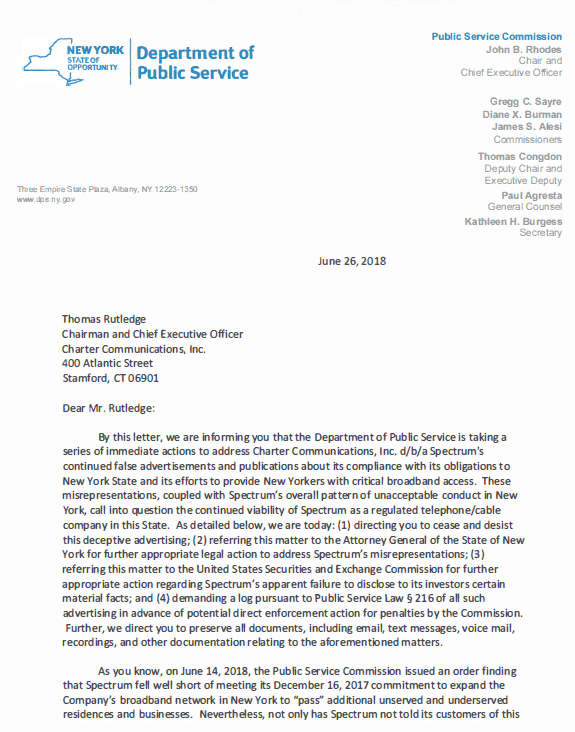
Letter from New York regulators to Charter Communications (click image to download or view complete letter).
Charter’s Fake Ads

Rhodes
The letter accuses Rutledge of knowingly misleading New York customers in its advertising and printed materials that claim Charter has fully complied with — and exceeded — its commitments to New York under a merger agreement with the state allowing Charter to acquire Time Warner Cable systems. The letter emphatically states these representations are demonstrably and materially false.
State regulators pointed to Charter’s historic and systematic pattern of false advertising, noting a 2017 lawsuit filed by New York’s Attorney General over the company’s inability to provide advertised speeds has survived several company challenges in court and is moving forward.
The Merger Itself is in Peril
Charter will face the possibility of additional legal troubles as the PSC refers Spectrum’s latest conduct to the Attorney General’s office for possible further legal action. State regulators also suggested Charter was materially deceiving investors in violation of federal securities laws by not disclosing the company’s failure to honor its commitments to New York and warning investors the merger itself was now in significant peril if it is revoked in New York.
Regulators have also put Charter executives on notice that in advance of a possible penalty action by the Commission against the company directly, it further demanded that Spectrum produce records regarding its false representations and preserve all documents, including email, text messages, voice mail, recordings, and other documentation relating to its advertising claims.
A Record of Failure in New York
 According to a PSC investigation and a Public Service Commission order, Spectrum missed its required December 16, 2017 build-out commitment to extend its network to pass additional residences and businesses by 12,245 passings. Spectrum also failed to cure, as required, its earlier failure by March 16, 2018. For these two failures, Spectrum was ordered by the Public Service Commission to forfeit $2 million. These failures came on top of earlier failures by Spectrum to meet its commitments. The PSC argues Spectrum has not met a single build-out deadline since the approval of its acquisition of Time Warner Cable in 2016.
According to a PSC investigation and a Public Service Commission order, Spectrum missed its required December 16, 2017 build-out commitment to extend its network to pass additional residences and businesses by 12,245 passings. Spectrum also failed to cure, as required, its earlier failure by March 16, 2018. For these two failures, Spectrum was ordered by the Public Service Commission to forfeit $2 million. These failures came on top of earlier failures by Spectrum to meet its commitments. The PSC argues Spectrum has not met a single build-out deadline since the approval of its acquisition of Time Warner Cable in 2016.
The PSC stated that, instead of working to meet its commitments to New York, Charter executives have ignored state regulators as Spectrum knowingly continued to advertise and publish false claims that the company is exceeding its mid-December 2017 commitment made to New York by more than 6,000 locations and is on track to extend the reach of advanced broadband network to 145,000 unserved or underserved locations by May 2020. Both claims are patently false, claims the PSC.
“Spectrum’s failure to meet its build-out commitments hurts unserved and underserved New Yorkers, leaving them without a key public utility service crucial to their future success and well-being,” the regulator wrote.
“Spectrum’s publication of claims that it knows are false harm all consumers who rely on honest and accurate information in choosing suppliers from among competitors,” the PSC wrote. “And when Spectrum continues to advertise and publish false claims even after being directed not to by its governmental regulator, it demonstrates deliberate disregard and lack of respect for the Public Service Commission, the rule of law, and regulation in New York State. Accordingly, in the name of customers and potential customers, the Department called on Spectrum to set the record straight by advertising and publishing the truth that the company has been found by the Public Service Commission to have failed to keep its buildout commitment to New York State.”
Charter Communications produced this video incorporating similar elements used in its advertising targeting New York consumers. Charter does not mention its investment in rural broadband in New York is not altruistic. It was a core condition the company agreed to as part of a settlement with the New York Public Service Commission to approve the acquisition of Time Warner Cable in 2016. (1:36)


 Subscribe
Subscribe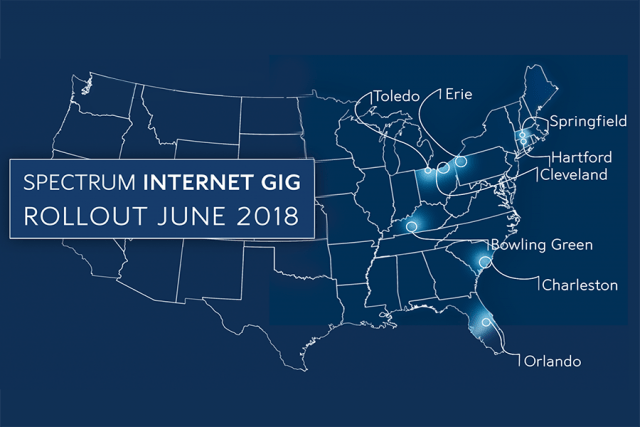
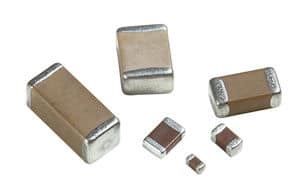
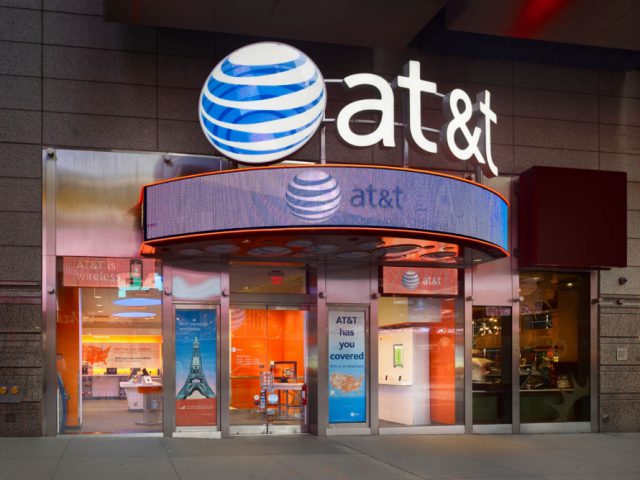 AT&T’s ultra-slim TV package WatchTV
AT&T’s ultra-slim TV package WatchTV 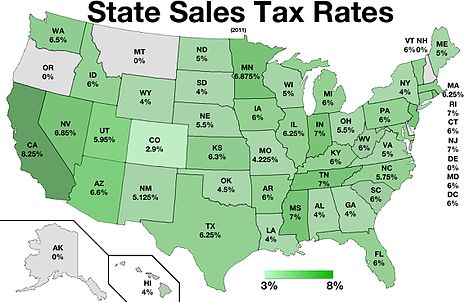
 The ruling will likely be a boon to state coffers, bringing each state an estimated $8-33 billion annually in new tax revenue and growing, according to one federal report. Research by Barclays found that states that rely the most on sales tax revenue to fund their budgets will benefit the most from the decision. Those states are Louisiana, Tennessee, South Dakota, Oklahoma and Alabama. Because states like New York, Illinois, and California already aggressively collect state sales taxes on many online purchases, the benefits to those states will likely be more modest.
The ruling will likely be a boon to state coffers, bringing each state an estimated $8-33 billion annually in new tax revenue and growing, according to one federal report. Research by Barclays found that states that rely the most on sales tax revenue to fund their budgets will benefit the most from the decision. Those states are Louisiana, Tennessee, South Dakota, Oklahoma and Alabama. Because states like New York, Illinois, and California already aggressively collect state sales taxes on many online purchases, the benefits to those states will likely be more modest.